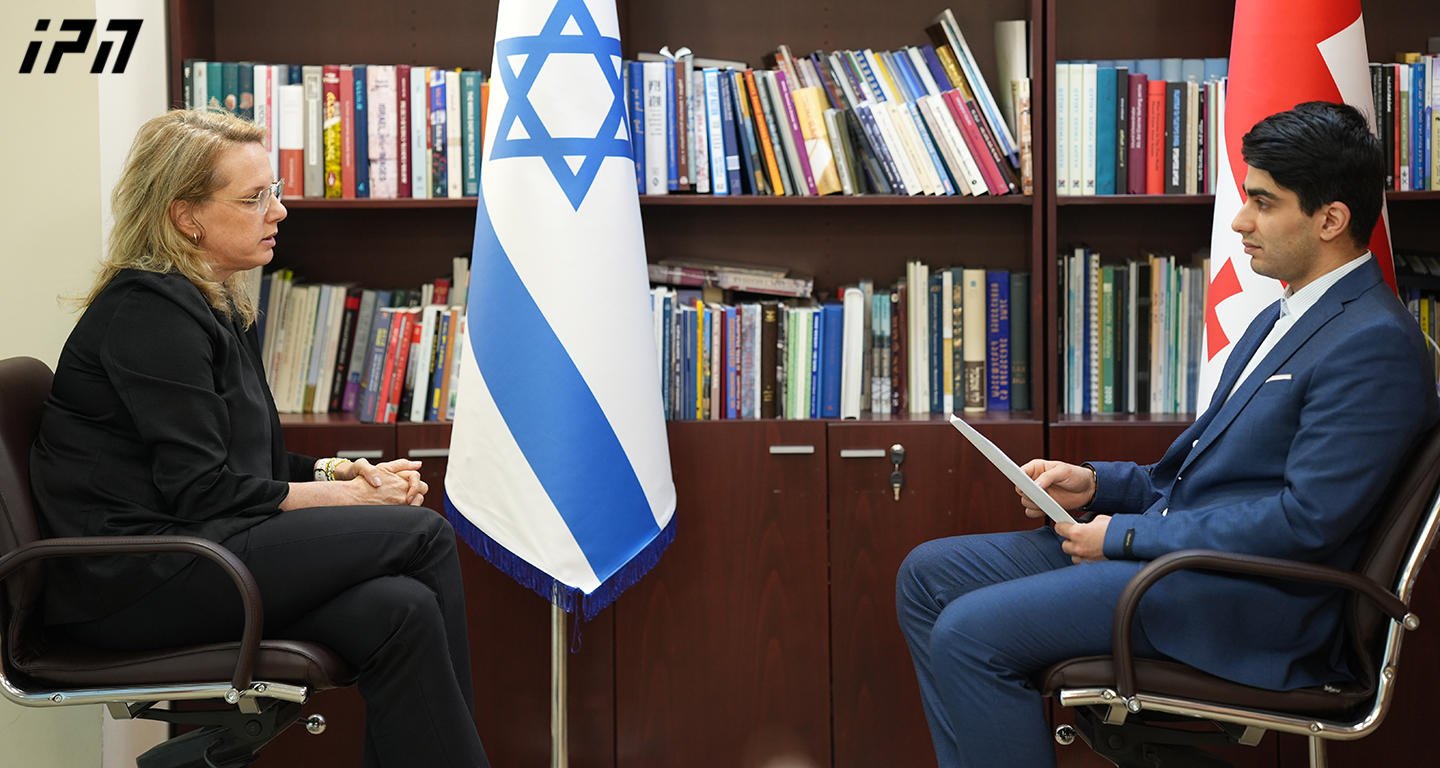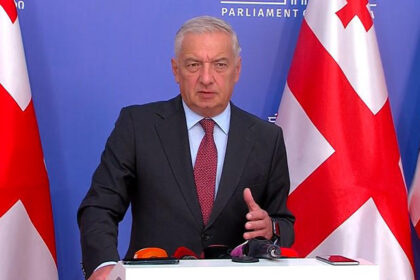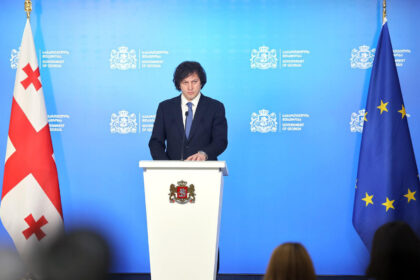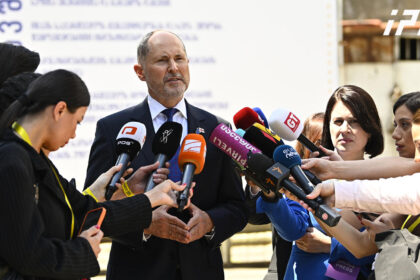Based on the text, here is a characterization of Israel’s current diplomatic relationships with its long-standing Western partners and an assessment of how Israel’s international image and credibility have been affected:
**Diplomatic Relationships:**
Israel has maintained close and intimate dialogue with many of its friends worldwide. Despite differences in opinion, they engage in open channels of communication to convey concerns and worries. The country is willing to prioritize national interests and security over temporary degradation in relationships.
However, the Israeli government rejects allegations made by organizations like Amnesty International and Human Rights Watch, labeling them as politicized and biased towards Hamas. This stance suggests a sense of distrust between Israel and some Western partners who criticize its actions.
**International Image and Credibility:**
Israel’s international image and credibility have likely been affected by the ongoing conflict with Gaza and allegations of war crimes. The International Criminal Court’s (ICC) arrest warrants for Prime Minister Netanyahu and former Defense Minister Yoav Gallant have further strained relationships with some Western partners who view these actions as a breach of international law.
The Israeli government’s response to these allegations has been one of rejection, citing the politicization of the ICC and suggesting that organizations like Amnesty International and Human Rights Watch are biased towards Hamas. This stance may have further eroded Israel’s credibility in the eyes of some Western partners, particularly those critical of its actions in Gaza.
Overall, Israel’s diplomatic relationships with its long-standing Western partners appear to be complex and nuanced, with a mix of cooperation and tension. The country’s international image and credibility have likely been affected by ongoing conflicts and allegations of war crimes, leading to a more cautious and defensive approach to diplomacy.












